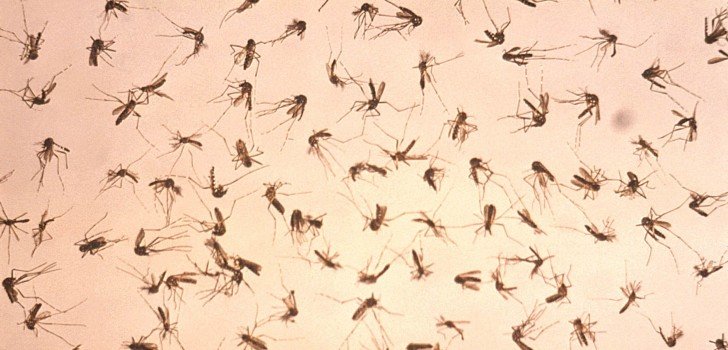In a major victory for animal welfare activists and proponents of free speech alike, an Idaho federal judge ruled that Idaho’s “ag-gag” law is unconstitutional. Ag-gag laws prohibit the undercover filming of agricultural operations. In Idaho, the ag-gag law provides that people caught surreptitiously videotaping agricultural operations face up to one year in jail and a $5,000 fine. Conversely, an animal cruelty conviction, first offense, is punishable by up to only six months in jail with a $5,000 fine. As of now, Idaho attorneys have not yet decided if they are going to appeal to the U.S. Court of Appeals for the Ninth Circuit in San Francisco.
Activists consider the ruling the first step in hopefully successfully challenging the ag-gag laws which are on the books in seven other states. Attorney Justin Marceau, who represented the Animal Legal Defense Fund, stated that “Ag-gag laws violate the First Amendment and Equal Protection Clause. This means that these laws all over the country are in real danger.”
Idaho’s ag-gag law was instituted in 2014 after videos showing animal cruelty at the Bettencourt Dairy were aired to the public. The videos were taken by animal welfare group Mercy For Animals and were very disturbing and graphic, showing dairy workers punching, kicking and otherwise abusing cows. In response, the state’s $2.5 billion dairy industry complained that the videos unfairly hurt their business. Idaho Governor Butch Otter then signed an ag-gag law, which was heavily influenced by the dairy industry. The Idaho Dairymen’s Association lobbyists even helped to draft the bill and testified before the state legislature.
Supporters of the law, including the dairy industry, argued in court that the secret videos were highly edited and unfairly damaged their reputation. The court was unconvinced. It determined that food and worker safety are matters of public concern, not just private matters.
In his ruling, U.S. District Court Judge B. Lynn Winmill found the ag-gag law unconstitutional for criminalizing certain speech. He stated that, “Although the State may not agree with the message certain groups seek to convey about Idaho’s agricultural production facilities, such as releasing secretly recorded videos of animal abuse to the Internet and calling for boycotts, it cannot deny such groups equal protection of the laws in their exercise of their right to free speech.”
Winmill further stated that, “Audio and visual evidence is a uniquely persuasive means of conveying a message, and it can vindicate an undercover investigator or whistleblower who is otherwise disbelieved or ignored. Prohibiting undercover investigators or whistleblowers from recording an agricultural facility’s operations inevitably suppresses a key type of speech because it limits the information that might later published or broadcast.”
Maybe most importantly, Judge Winmill noted that, “The remedy for misleading speech, or speech we do not like, is more speech, not enforced silence.”
Stay Connected